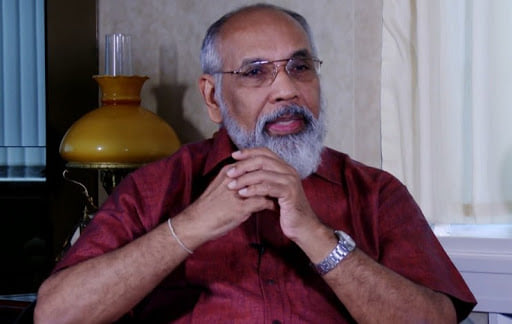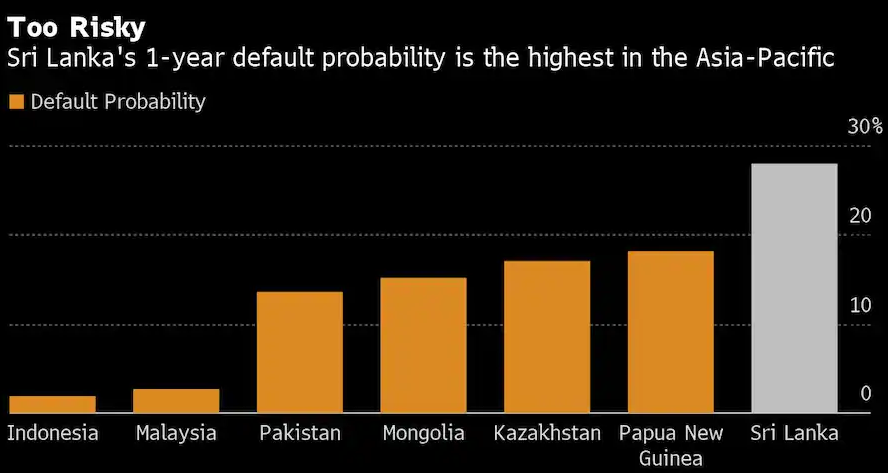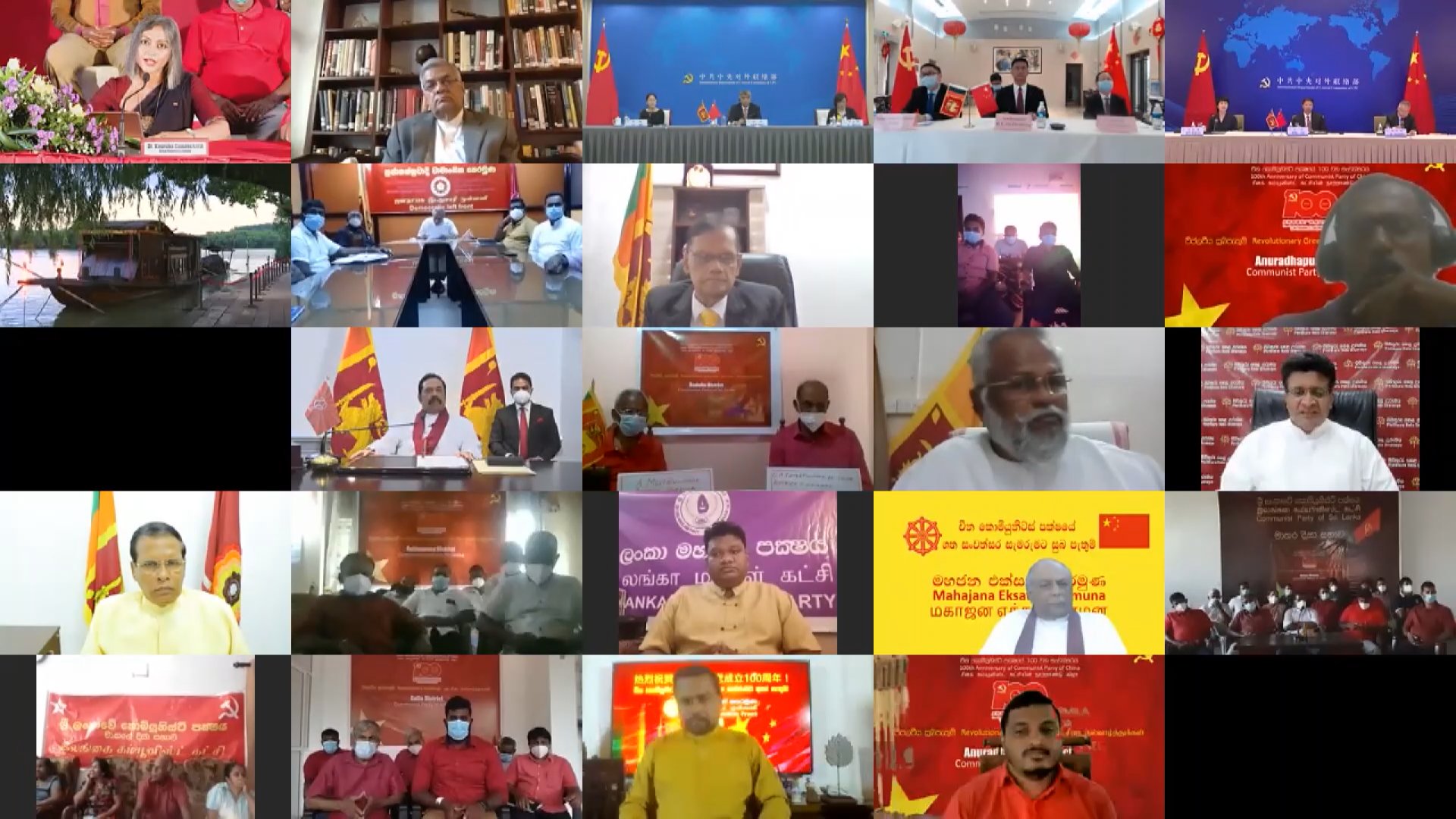
Speaking in parliament yesterday, Tamil Makkal Thesiya Kootani (TMTK) leader C.V. Wigneswaran criticised the government’s handling of the economic crisis and highlighted how Tamil communities in the North-East have suffered due to their policies and the military occupation of their land.
Sri Lankan debt
Commenting on Sri Lanka’s mounting debt, Wigneswaran warns that the country errs towards a financial default which would “trigger cross-defaults across all our loans”.
“All our debtors would want debtors would want us to settle our full liabilities immediately” and the “cost of borrowing would increase beyond measure” warns Wigneswaran.
In highlighting Sri Lanka’s debt problem, he further notes that government’s have plummeted following tax cuts introduced by the Rajapaksa administration in 2020. The Economist notes that following these cuts, tax receipts shrunk by a quarter and the budget deficit grew to 14% of GDP. Two-thirds of government revenue now goes towards interest payments.
“The Government cannot even maintain the status quo without resorting to further borrowing” Wigneswaran highlights.
He further acknowledges that whilst the government has successfully been able to pay off a billion dollars of its loan repayment, it has a balance of $ 34 billion left. A further $ billion is due for July and another $ 1 billion before the end of 2023. This has led a Bloomberg model to report that Sri Lanka had the highest default probability in Asia, with the organisation estimating a 27.9% chance of one-year default.

Wigneswaran also raised concerns over Sri Lanka’s looming fuel crisis, with its fuel debt of over $1.2 billion. The response of the government has been to print money “at levels previously unheard of”. “Our currency is being propped up by artificial and extra-legal means” Wigneswaran states.
Sri Lanka’s agriculture
Wigneswaran also took aim at Sri Lanka’s disastrous fertiliser import ban which has led to farmers expressing their grievances as their crop yield has plunged. Wigneswaran maintains that this move was not led by a scientific basis but rather “due to the paucity of dollars”.
Sri Lanka is considering importing rice from countries that are using the same chemical fertilisers which are banned. In the wake of this backlash, Sri Lanka’s Finance Minister has announced that the government relax this ban.
However, Wigneswaran notes that for Tamils in the Northern Province, much damage has already been done. The economic situation in the North-East has been further worsened by the military occupation of land and the takeover of agriculture. This concern has been further raised by Families of the Disappeared in Vavuniya, who, whilst protesting, noted:
“Our economy has been looted by the by the Sri Lankan Army, especially our agriculture, trade, fisheries and infrastructure sectors.”
Read more here: Vavuniya Families of the Disappeared mark 1,616 days of protest
A vassal state for China

Wigneswaran further raised concerns over the increasing encroachment of China in Sri Lanka, noting that as Sri Lanka faces this financial crisis it has pivoted towards China.
Commenting on the appeasement towards China displayed by Sinhalese politicians, and the disparagement of the Tamil diaspora, Wigneswaran states:
“They are prepared to trust the Chinese but not the Tamils!”
Read his full statement here.
